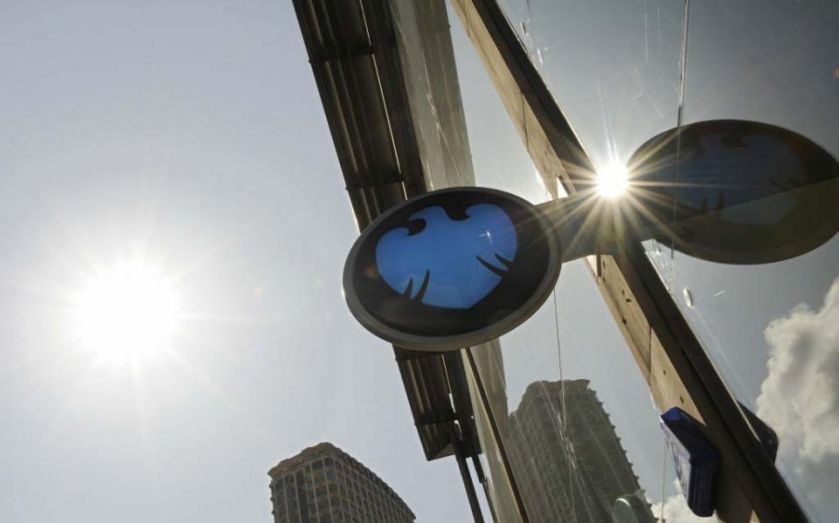John ‘Mac the Knife’ McFarlane raises fears with investors that egos will rule the roost at Barclays

Is there a bank director with a thicker hide than John McFarlane? The tone of yesterday’s interim results from Barclays, which comfortably beat City forecasts, would more ordinarily be accompanied by the praise of a chairman for their chief executive. Instead, the newly installed executive chairman, McFarlane, struggled to find reasons for burying him.
The statement was peppered with phrases about Barclays making “the required progress”, “ongoing improvement” and congratulations for its management team.
It all begs the question: why was Antony Jenkins sacked? True, Barclays is still too inefficient, with a cost-to-income ratio in the 70s. Yet that hardly makes it an outlier in an industry grappling with tougher regulation and compliance.
If McFarlane can emulate the mid-40s percentage he achieved at ANZ Bank in the decade to 2007, he really will have earned shareholders’ plaudits. In case Barclays directors haven’t noticed, times have changed. The whiff of nostalgia for Bob Diamond and his desire to lead a British investment bank capable of competing with Wall Street’s biggest guns clearly remains present in the bank’s boardroom.
It’s a debatable position, but fair enough if it’s the boardroom consensus. Yet if Jenkins really did have to go, McFarlane should surely have lined up his successor before wielding the knife.
After yesterday’s creditable performance, the conclusion that Jenkins’ ousting was a move motivated by ego rather than business need is inescapable. That should provide investors with cause for alarm.
THE INS AND OUTS OF CAMERON’S TEAM
If you were seeking clues to the City’s gradual rehabilitation within government circles, the line-up of David Cameron’s new business counsellors offers a visible one: both Ana Botin, Santander chairman, and Jayne-Anne Gadhia, Virgin Money chief executive, are on the revamped list. Their involvement contrasts with the banker-free zone that was the Prime Minister’s Business Advisory Group under the Coalition.
The new membership is intriguing for other reasons too: Eric Schmidt, the Google chairman, is among those dispatched, just in time for a slew of headlines about multinationals making their inaugural Google Tax levy to the Treasury.
More significantly is the omission of Paul Drechsler, the new president of the CBI, a role which has traditionally conferred membership of the PM’s advisory group.
Was someone at Number 10 casting a mischievous glance in the direction of the UK’s biggest business lobbying group by recruiting Paul Walsh, the former Diageo boss, to advise Cameron instead?
Walsh was the preferred candidate for the CBI presidency until he signed a Conservative-supporting letter as the General Election campaign got underway.
Cameron often emphasises how important his dialogue with his business advisers is. It’s a shame, then, that Downing Street officials weren’t sufficiently attentive to spell Gadhia’s surname correctly upon announcing the appointments.
OH DANNY BOY, YOU’RE TOO SLOW
Spot the odd one out on this list: Steve Webb, Danny Alexander, Mark Hoban and Jeremy Browne? The answer: Alexander, the former chief secretary to the Treasury, who is the only one of the quartet to have eschewed lucrative private sector posts since stepping down as a government minister.
This week, it emerged that Webb is in talks to join Royal London, the life and pensions group, while Browne was recently anointed as the City’s man in Brussels.
Hoban has not been slow off the mark: insiders say he is poised to add to his pluralist portfolio by becoming chairman of the not-so-snappily titled International Regulatory Strategy Group, which comprises leading figures from UK finance.
Alexander should hurry up and join the ex-ministers’ bandwagon before all the good jobs are taken.